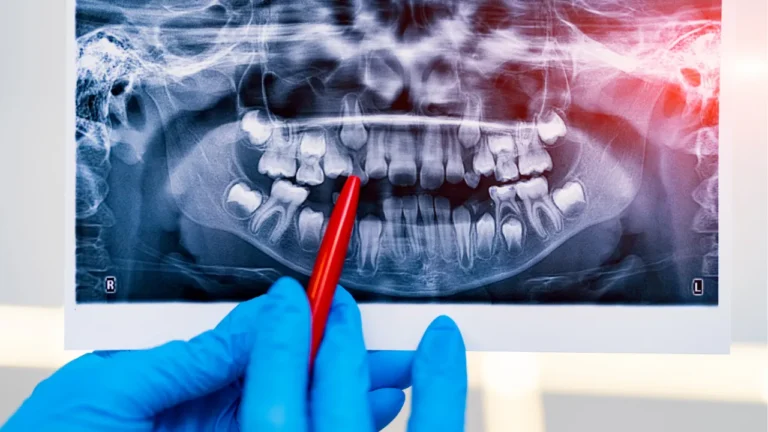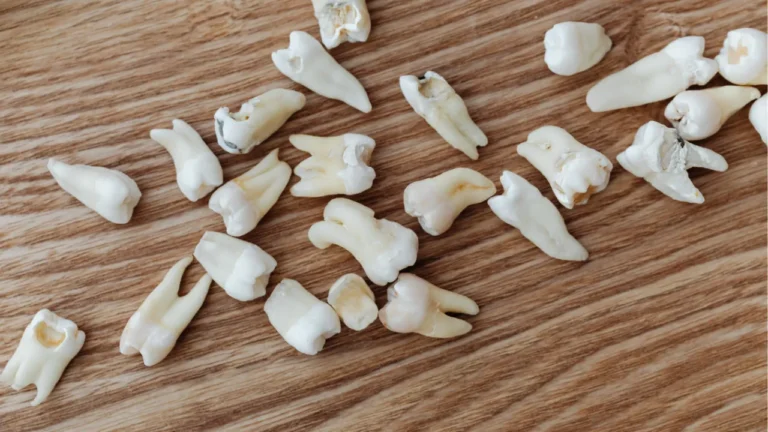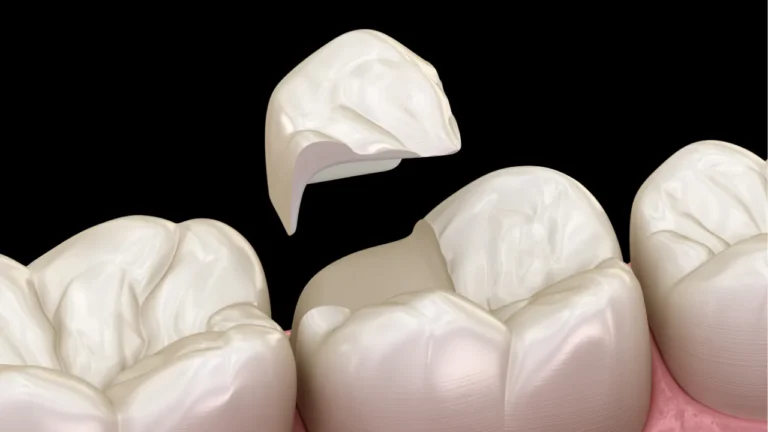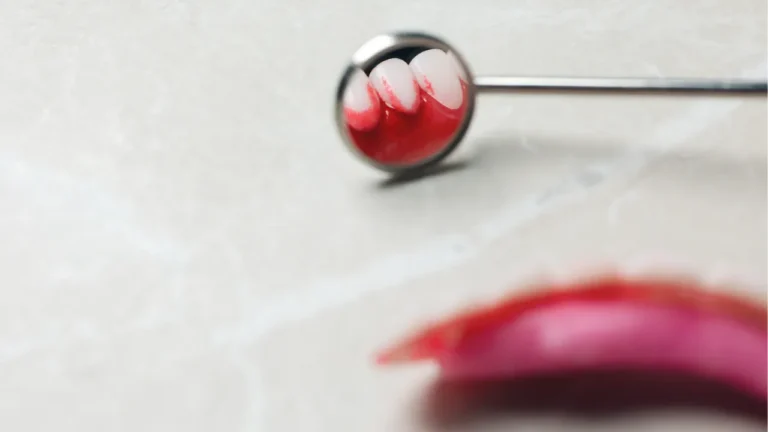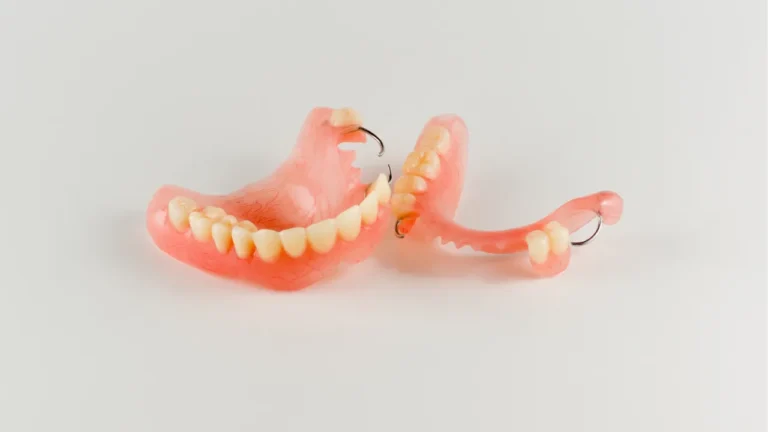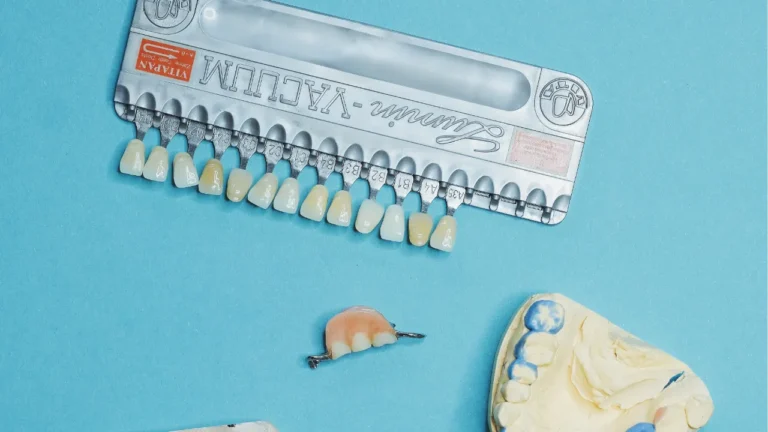Stress doesn’t just take a toll on your mind and body—it can also impact your oral health in surprising ways.
High stress levels may lead to teeth grinding, jaw clenching, gum problems, or even neglecting daily dental care, all of which can harm your smile over time.
Understanding the connection between stress and oral health helps you recognize the signs early and take steps to protect your teeth and gums.
In this post, we’ll explore the main causes of stress-related dental issues and practical solutions to keep your oral health on track.
Short Summary
- Stress affects more than just your mind and sleep — it impacts your oral health too.
- Common stress-related oral issues include teeth grinding, dry mouth, and gum disease.
- Neglecting oral hygiene during stressful times can worsen dental problems.
- There are practical ways to manage stress and protect your smile.
But while most people know stress can affect sleep and mental health, many don’t realize it also takes a toll on your oral health.
How Stress Affects Your Oral Health
When you’re under stress, your body reacts in ways that can negatively impact your oral hygiene habits and overall dental health.
Here are the most common ways stress shows up in your mouth:
1. Teeth Grinding and Jaw Clenching (Bruxism)
Many people grind their teeth or clench their jaws during sleep or even subconsciously during the day. This can lead to:
- Worn-down or cracked teeth
- Jaw pain or headaches
- Temporomandibular Joint Disorder (TMJ)
2. Neglecting Oral Hygiene
During stressful periods, it’s easy to skip brushing or flossing, especially if you’re exhausted or overwhelmed.
Unfortunately, this can quickly lead to plaque buildup, gum disease, and tooth decay.
3. Mouth Sores and Ulcers
Stress can trigger canker sores or cold sores due to changes in immune function. While not contagious, these can be painful and irritating.
4. Dry Mouth
Stress can affect saliva production, leaving you with a dry mouth. Saliva is important for neutralising acid and protecting your teeth from bacteria — without it, you’re at higher risk for decay and bad breath.
5. Gum Disease
Chronic stress affects your immune system, making it harder to fight off infections, including gingivitis and more advanced gum disease (periodontitis).
Signs of Stress-Related Oral Health Issues
You might be experiencing stress-related oral problems if you notice:
- Jaw soreness, especially in the morning
- Clicking or popping in the jaw
- Tooth sensitivity or fractures
- Bleeding gums
- Frequent mouth ulcers
- A sticky, dry feeling in the mouth
Solutions for Managing Stress and Protecting Your Smile
While you can’t always eliminate stress, there are practical ways to reduce its impact on your oral health:
1. Practice Relaxation Techniques
Deep breathing, meditation, yoga, or even daily walks can help calm your nervous system and reduce the tension that leads to clenching and grinding.
2. Use a Night Guard
If you grind your teeth at night, a custom-fit night guard from your dentist can protect your teeth and relieve jaw pressure.
3. Stay Consistent with Oral Hygiene
Even when you’re tired or anxious, make brushing and flossing non-negotiable. It’s a small routine that can prevent bigger problems down the road.
4. Stay Hydrated
Drinking enough water helps prevent dry mouth and keeps your mouth clean and moist.
5. Limit Sugar and Caffeine
Stress can trigger cravings for sugary snacks or energy drinks, but these fuel decay and irritate ulcers. Try to opt for water, nuts, or fresh fruit instead.
6. Seek Professional Support
Talk to your dentist if you’re experiencing dental issues related to stress. We can offer treatment options and recommend specialists if needed.
Every Smile Is Here for Your Whole Well-Being
At Every Smile Dentistry, we care about more than just your teeth — we care about you.
If stress is affecting your oral health, we’re here to help with gentle guidance, effective treatment, and a listening ear.


